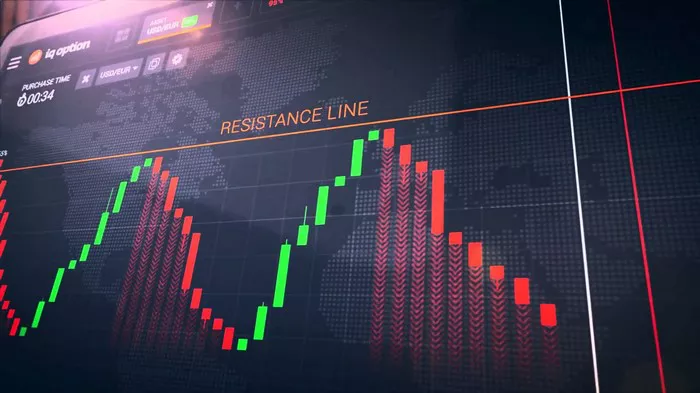U.S. Treasury yields reached 14-month highs on January 14, with the benchmark 10-year yield peaking at 4.805%, its highest point since November 2023. This surge in yields triggered a sharp spike in the U.S. dollar and led to a wave of selling in technology stocks, which quickly spread to Asia. Japan’s Nikkei 225 fell 1.5% following a holiday break, while shares in Hong Kong, China, and Australia saw modest gains.
In the U.S., technology stocks were hit hard on January 13, with the Nasdaq dropping 0.4%, reaching a two-month low, while the S&P 500 recovered slightly, finishing with a minor gain. The rising yields have been fueled by strong U.S. payrolls data, which lowered the odds of imminent interest rate cuts by the Federal Reserve. Additionally, market participants are increasingly concerned about the potential for inflation to rise due to U.S. government policies on tariffs, migration, and taxes under President-elect Donald Trump’s incoming administration.
The U.S. dollar index climbed to its highest level in more than two years before easing slightly after news of a potential shift in the Trump administration’s tariff plans. The looming U.S. inflation data set for release on January 17 is keeping markets on edge, with core inflation expected to rise by 0.2%. A higher-than-expected figure could potentially derail hopes of any future rate cuts.
Global oil prices also added to market anxiety, with Brent crude rising to four-month highs due to concerns about weaker shipments from Russia, following increased U.S. sanctions. Oil prices pushed above $80 a barrel, with Brent futures at $80.73 as of Tuesday.
Cryptocurrencies, traditionally seen as a hedge, also felt the pressure, with Bitcoin falling almost 7% in the past week and trading just below $95,000.
In foreign exchange, the euro remained steady at $1.02475, close to the two-year low it touched earlier in the week, while the Japanese yen stood at 157.54 per dollar, struggling to recover from a near six-month low.
Markets are also gearing up for the start of the fourth-quarter U.S. earnings season, with major U.S. banks, including Citi and JPMorgan Chase, set to report on January 17. Investors are weighing the impact of strong corporate earnings, which signal a robust economy, against the potential for inflation to keep prices elevated, which could signal challenges ahead for the broader economy.
Peter Cardillo, chief market economist at Spartan Capital Securities, noted, “It’ll be touch and go for the next couple of days until we get the inflation news out of the way,” emphasizing the market’s nervousness ahead of the key data release.
Related topics:
Bonds Vs Stocks: Which is Safer
How Do I Buy Samsung Stock: A Beginner’s Guide?


